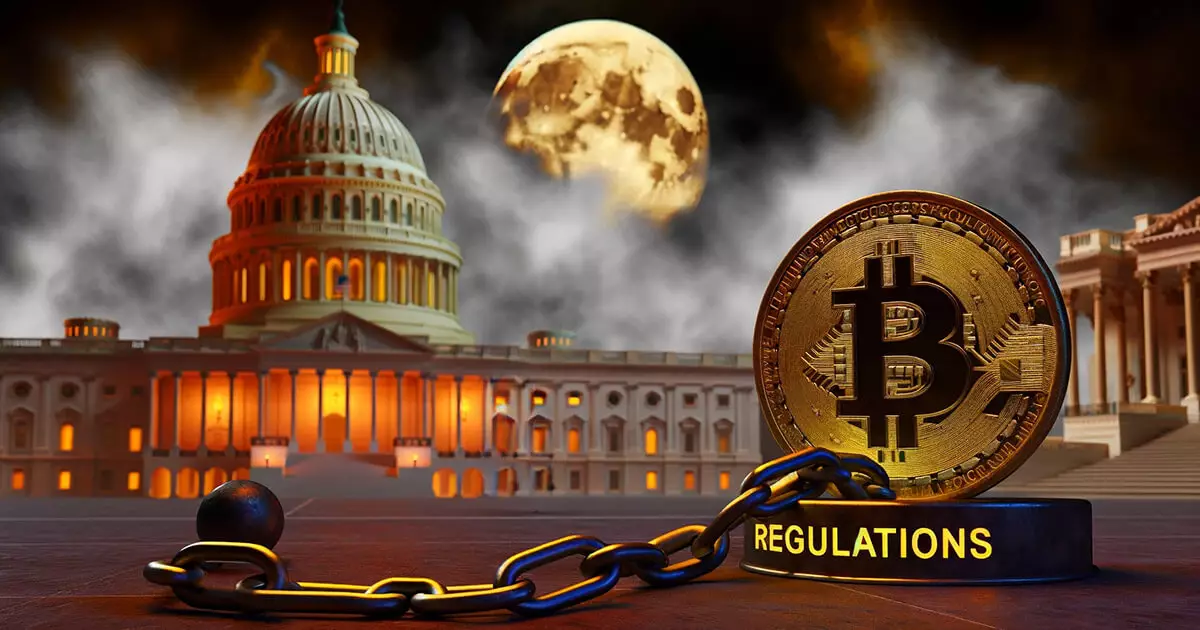The recent approval of Bitcoin ETFs has sparked excitement among investors eager to capitalize on potential bullish price movements. However, the introduction of these instruments also brings forth a new set of challenges for the industry. Instead of holding actual bitcoins, investors will receive paper certificates, effectively introducing counterparty risk to a technology designed to eliminate it. This shift towards relying on institutional custodians like Goldman Sachs and JP Morgan raises concerns about the loss of financial sovereignty within the Bitcoin community.
Sen. Elizabeth Warren’s proposed bill targeting self-custody of digital assets further complicates the landscape for Bitcoin holders in the US. The bill, known as the Digital Assets Anti-Money Launder Act, seeks to enforce centralized custody of digital assets, restricting users from utilizing secure, non-custodial wallets. Additionally, the bill mandates AML policies for miners, validators, and self-hosted wallets, limiting the autonomy and privacy of cryptocurrency holders.
The potential outlawing of self-custody in the US represents a significant setback for the country’s role in fostering financial innovation. By imposing restrictions on the ability of individuals to hold their own Bitcoin, the US risks falling behind other regions like Asia and Europe, which have embraced clear regulatory frameworks for the crypto industry. The stifling of self-custody could lead to a shift in global market dynamics, with implications for the broader adoption of cryptocurrencies.
At the core of the Bitcoin ethos is the idea of financial sovereignty, where individuals have the autonomy to control their own assets without relying on intermediaries. By advocating for self-custody and decentralized control over digital assets, the cryptocurrency community upholds the fundamental principles of financial freedom. The ability to generate addresses, manage private keys, and securely store bitcoins on personal devices is essential for maintaining privacy and security in a digital economy.
As the debate over custodianship and regulation continues to unfold, the future of Bitcoin in the US hangs in the balance. While the industry has long championed Bitcoin as a means of circumventing traditional financial systems, the recent push towards institutionalized custody and regulatory oversight threatens to undermine the core tenets of cryptocurrency. The need to preserve financial sovereignty and protect the innovative potential of digital assets remains a critical challenge for the industry moving forward.
The evolving landscape of Bitcoin custodianship and regulatory scrutiny in the US poses a significant threat to the fundamental principles of financial freedom and innovation within the cryptocurrency space. As the industry contends with the rise of institutional custody and restrictive legislation, the need to uphold the ethos of self-custody and decentralized control becomes more critical than ever. Only by advocating for the preservation of financial sovereignty and resisting attempts to centralize control over digital assets can the Bitcoin community ensure the continued growth and adoption of cryptocurrency in the face of regulatory challenges.


Leave a Reply